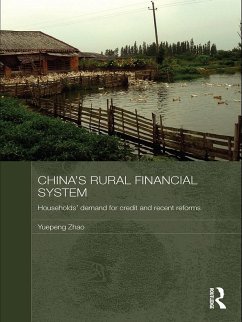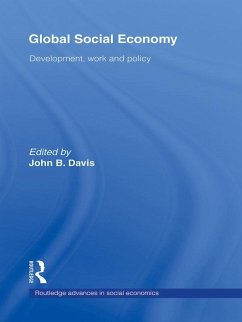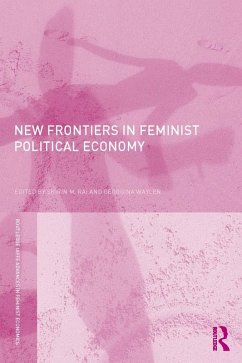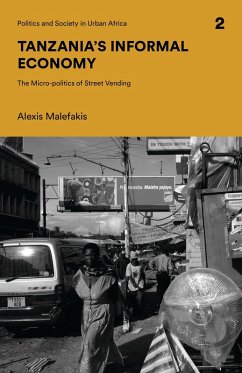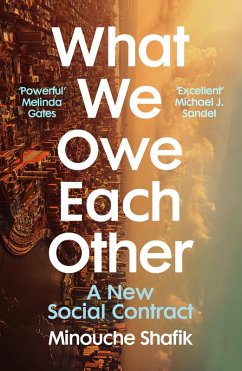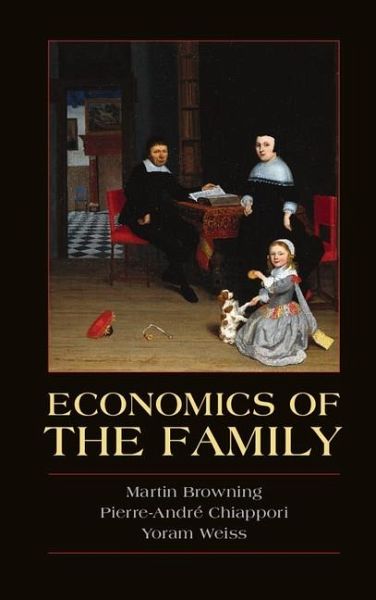
Economics of the Family (eBook, ePUB)
Versandkostenfrei!
Sofort per Download lieferbar
32,95 €
inkl. MwSt.
Weitere Ausgaben:

PAYBACK Punkte
16 °P sammeln!
The family is a complex decision unit in which partners with potentially different objectives make consumption, work and fertility decisions. Couples marry and divorce partly based on their ability to coordinate these activities, which in turn depends on how well they are matched. This book provides a comprehensive, modern and self-contained account of the research in the growing area of family economics. The first half of the book develops several alternative models of family decision making. Particular attention is paid to the collective model and its testable implications. The second half d...
The family is a complex decision unit in which partners with potentially different objectives make consumption, work and fertility decisions. Couples marry and divorce partly based on their ability to coordinate these activities, which in turn depends on how well they are matched. This book provides a comprehensive, modern and self-contained account of the research in the growing area of family economics. The first half of the book develops several alternative models of family decision making. Particular attention is paid to the collective model and its testable implications. The second half discusses household formation and dissolution and who marries whom. Matching models with and without frictions are analyzed and the important role of within-family transfers is explained. The implications for marriage, divorce and fertility are discussed. The book is intended for graduate students in economics and for researchers in other fields interested in the economic approach to the family.
Dieser Download kann aus rechtlichen Gründen nur mit Rechnungsadresse in A, B, BG, CY, CZ, D, DK, EW, E, FIN, F, GR, HR, H, IRL, I, LT, L, LR, M, NL, PL, P, R, S, SLO, SK ausgeliefert werden.





